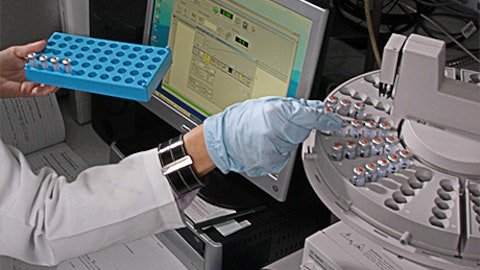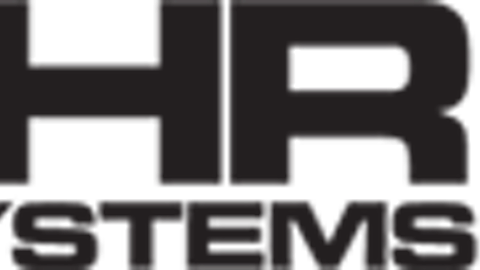Hedge fund managers like David Einhorn, Dan Loeb, or Carl Icahn became billionaires through reaping large profits for their investors, which is why piggybacking their stock picks may provide us with significant returns as well. Many hedge funds, like Paul Singer’s Elliott Management, are pretty secretive, but we can still get some insights by analyzing their quarterly 13F filings. One of the most fertile grounds for large abnormal returns is hedge funds’ most popular small-cap picks, which are not so widely followed and often trade at a discount to their intrinsic value. In this article we will check out hedge fund activity in another small-cap stock: Halozyme Therapeutics, Inc. (NASDAQ:HALO).
Halozyme Therapeutics, Inc. (NASDAQ:HALO) saw a decrease in activity from the world’s largest hedge funds last quarter. There were 14 hedge funds in our database with HALO holdings at the end of September. The level and the change in hedge fund popularity aren’t the only variables you need to analyze to decipher hedge funds’ perspectives. A stock may witness a boost in popularity but it may still be less popular than similarly priced stocks. That’s why at the end of this article we will examine companies such as Aircastle Limited (NYSE:AYR), FCB Financial Holdings Inc (NYSE:FCB), and American Equity Investment Life Holding (NYSE:AEL) to gather more data points.
Follow Halozyme Therapeutics Inc. (NASDAQ:HALO)
Follow Halozyme Therapeutics Inc. (NASDAQ:HALO)
Receive real-time insider trading and news alerts
At Insider Monkey, we’ve developed an investment strategy that has delivered market-beating returns over the past 12 months. Our strategy identifies the 100 best-performing funds of the previous quarter from among the collection of 700+ successful funds that we track in our database, which we accomplish using our returns methodology. We then study the portfolios of those 100 funds using the latest 13F data to uncover the 30 most popular mid-cap stocks (market caps of between $1 billion and $10 billion) among them to hold until the next filing period. This strategy delivered 18% gains over the past 12 months, more than doubling the 8% returns enjoyed by the S&P 500 ETFs.

everything possible/Shutterstock.com
Keeping this in mind, we’re going to take a look at the key action surrounding Halozyme Therapeutics, Inc. (NASDAQ:HALO).
How have hedgies been trading Halozyme Therapeutics, Inc. (NASDAQ:HALO)?
At the end of the third quarter, a total of 14 of the hedge funds tracked by Insider Monkey were long this stock, down by 7% from the end of the second quarter. On the other hand, there were a total of 16 hedge funds with a bullish position in HALO at the beginning of this year. With hedgies’ sentiment swirling, there exists an “upper tier” of noteworthy hedge fund managers who were boosting their holdings significantly (or already accumulated large positions).

According to Insider Monkey’s hedge fund database, David Cohen and Harold Levy’s Iridian Asset Management holds the largest position in Halozyme Therapeutics, Inc. (NASDAQ:HALO). Iridian Asset Management has a $112.2 million position in the stock, comprising 1% of its 13F portfolio. The second largest stake is held by Baker Bros. Advisors, led by Julian Baker and Felix Baker, holding a $20.9 million position; the fund has 0.2% of its 13F portfolio invested in the stock. Other peers that are bullish consist of Marc Lisker, Glenn Fuhrman and John Phelan’s MSDC Management, Ken Fisher’s Fisher Asset Management and Hal Mintz’s Sabby Capital. We should note that none of these hedge funds are among our list of the 100 best performing hedge funds which is based on the performance of their 13F long positions in non-microcap stocks.





